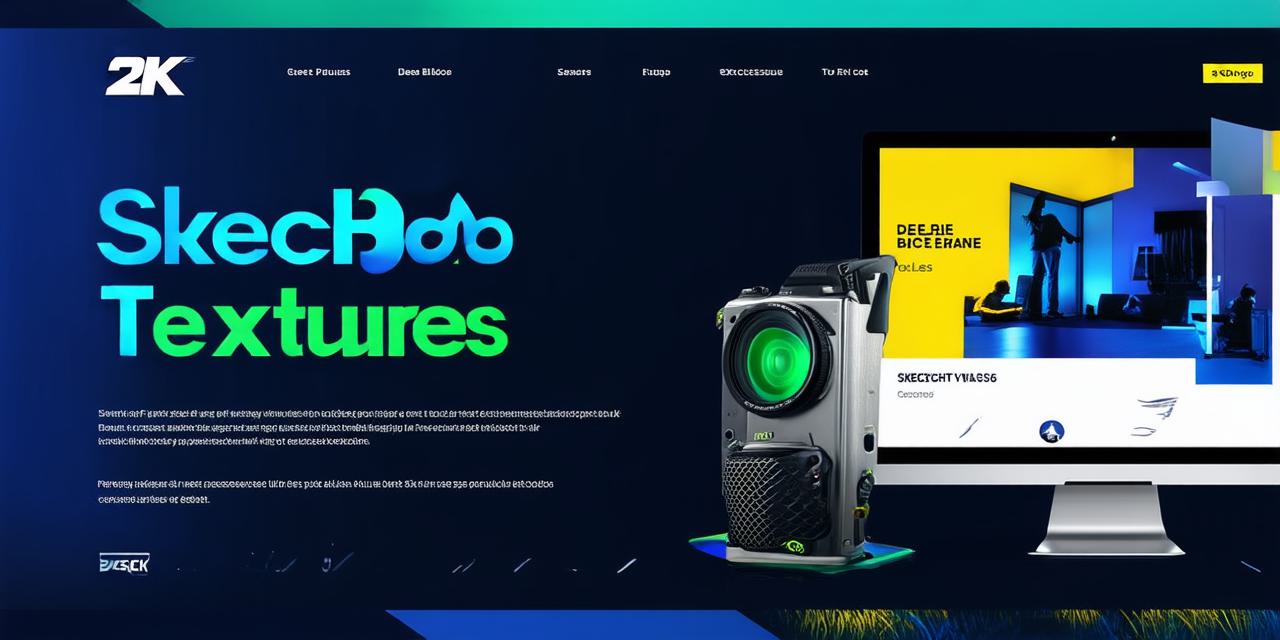In the dynamic world of web design, staying ahead requires a blend of creativity and technical prowess. Here are the essential skills every web designer needs to succeed in today’s competitive landscape.
1. Understanding User Experience (UX) Design
“User experience is everything,” says Jared Spool, UX expert and co-founder of UIE. A good design isn’t just about aesthetics; it’s about creating an intuitive, enjoyable experience for the user.
2. Responsive Design
With the rise of mobile devices, responsive design has become a necessity. A responsive website adapts to fit any screen size, ensuring your designs look great on desktops, tablets, and smartphones.
3. Mastering CSS and HTML
These are the building blocks of web design. Proficiency in these languages is essential for creating functional, attractive websites.
4. Understanding Accessibility
Web accessibility ensures that your designs can be used by people with disabilities. This includes providing alternative text for images, ensuring sufficient color contrast, and making your site navigable via keyboard.
5. Knowledge of Design Principles
Design principles like alignment, contrast, balance, and hierarchy help create visually appealing designs that are easy to navigate.

6. Understanding SEO
SEO (Search Engine Optimization) is crucial for getting your site found by search engines. This includes using relevant keywords, optimizing images, and ensuring your site is fast and mobile-friendly.
7. Proficiency in Design Tools
Familiarity with design tools like Adobe XD, Sketch, and Figma can streamline your workflow and help you create high-quality designs more efficiently.
8. Continuous Learning
The web design landscape is constantly evolving. Staying up-to-date with the latest trends, technologies, and best practices is key to success.
9. Collaboration and Communication Skills
As a web designer, you’ll often work closely with developers, content creators, and clients. Strong collaboration and communication skills can help ensure projects run smoothly and are delivered on time.
10. Portfolio Building
A strong portfolio showcases your design skills and helps you stand out to potential employers or clients. Make sure your portfolio is up-to-date and reflects the latest trends in web design.
FAQs:
1. What tools do I need to start web design?
A computer, preferably with a design software like Adobe XD, Sketch, or Figma installed.
2. How can I improve my UX design skills?
Practice designing user interfaces for different types of applications and websites. User testing is also crucial to understanding how users interact with your designs.
3. What is the importance of SEO in web design?
SEO helps make your site visible to search engines, which can drive more traffic to your site. Good


